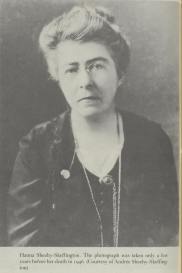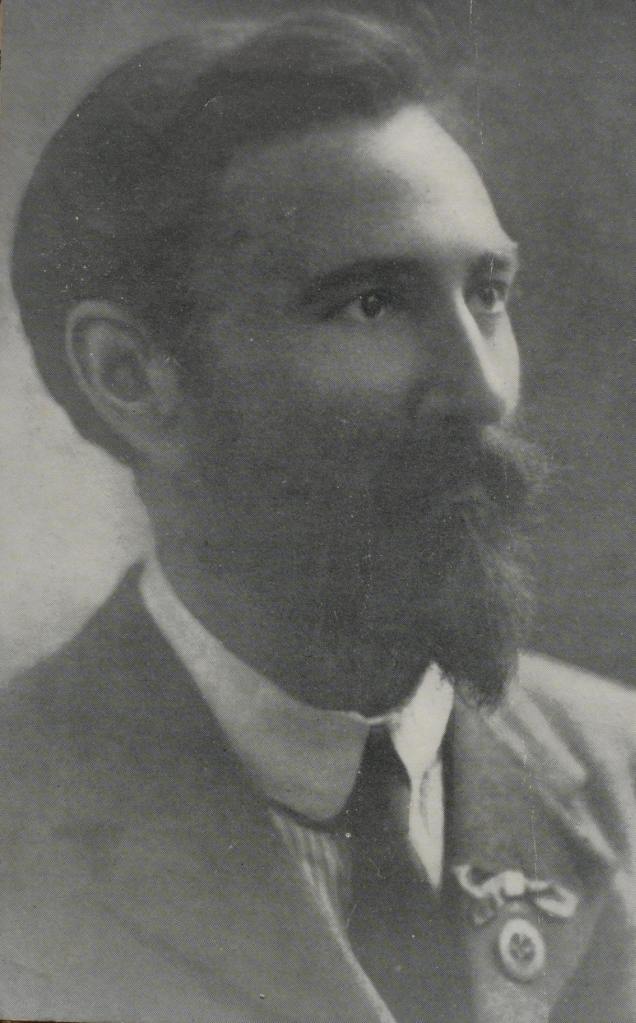By Olive Morrin, Special Collections & Archives

Hanna Sheehy-Skeffington died on the 20th April 1946 and this year marks the 70th anniversary of her death. She was born in Kanturk, Co. Cork but the family moved to Drumcondra, Dublin in 1887 and Hanna attended the Dominican Convent in Eccles Street. She was a bright student and was one of the few women at the time to receive a third level education. She graduated with a degree and later an MA in 1902. She became a teacher in Eccles Street and also lectured in Rathmines School of Commerce.
She married Francis Skeffington in 1903 and both took each other’s surnames. She was a talented orator, well informed in Irish and international affairs and was renowned for her independence of thought and wit. She and Francis were very involved in the suffragette movement and for her entire life she continued to campaign, highlighted anomalies in the new state’s legislation if it discriminated against women and fought for women’s rights. She never compromised her strongly held views which sometimes left her isolated. She was a liberal and possibly a radical in the increasingly conservative and church bound new state. She was an atheist who refused to see a priest even on her deathbed. She remained a socialist following the beliefs of James Connolly in a society that was becoming more materialistic. When she was imprisoned in Holloway in 1918 Kathleen Clarke widow of Tom Clarke said of her “She was a highly-gifted woman, and one of the straightest I ever met, and I had great admiration for her”.
In 1913 she was arrested for throwing stones at Dublin Castle in a feminist march. She was imprisoned but went on hunger strike and was released but was soon rearrested. This was the first of the many times she was arrested for her activities, but it never dented her resolve. She was also dismissed from her teaching job after this incident.
